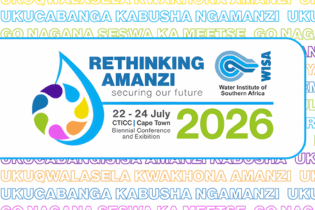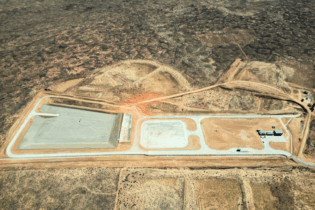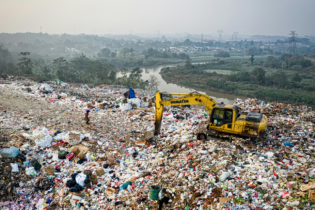While there is a constant stream of communication as well as the raising of awareness around the issues of Recycling, Organic Waste and e-Waste, very little attention has been focused on the disposal of what is potentially hazardous waste: something that is generated daily by most households. The Institute of Waste Management of Southern Africa (IWMSA) sees it as an imperative to better educate those working in the field of waste management, as well as the general public, as to what constitutes hazardous waste and to stress the importance of correct disposal.
So what is hazardous waste? Hazardous or toxic waste is discarded material which poses a threat to our environment and/or to human and animal life if disposed of incorrectly. Such waste may leach its way into our water tables, for example, or it could pose a threat in terms of flammability, or even be invisible in the form of noxious and poisonous vapours. Deidre Nxumalo-Freeman, president of the IWMSA says “Some examples of everyday items that may be hazardous include: motor oil, car batteries, antifreeze, diesel and other automotive fluids, corrosive or poisonous cleaners such as drain and toilet cleaners, oven cleaners and spot remover, pesticides, fluorescent light bulbs, aerosol cans including paint cans, batteries and even furniture polish, to name but a few. “The IWMSA runs regular training courses which are hosted by our branches countrywide in order to educate and train those who work in the field of waste management, as well as any other interested parties. Our training is facilitated by accredited IWMSA committee members who are experts in their fields and as such, the IWMSA is proud to be able to offer up-to-the minute information regarding strategy, cutting edge technological developments in waste management and a sound knowledge of policy and legislation in South Africa.“We recognise the desperate need for information sharing, especially when it comes to the subject of hazardous waste. It is essential that we, as individuals learn to recogniSe substances that could be harmful to our environment, and wherever possible to minimise their impact. The IWMSA believes that by taking one step at a time and continuing to provide quality training, a better understanding of the nature of our various waste streams and how to manage them effectively will begin to take hold.
Nxumalo-Freeman concludes “The only way to change the way we behave as a society in terms of waste management is to provide education from the ground up. People need to know WHY they are required to do what is asked of them regarding waste disposal, so education at grass roots level is essential. We, at the IWMSA are committed to striving towards this change.” The next Hazardous Waste Training course will be taking place from 22 – 24 January 2013 in Gauteng. For more information contact: iwmsa@telkomsa.net or Tel: 011 675 3462 The IWMSA is a non-profit organisation comprising a body of dedicated professionals in their respective fields, who give freely and voluntarily of their time and expertise in order to effectively educate, promote and further the science and practice of waste management. For more information, visit: www.iwmsa.co.za





